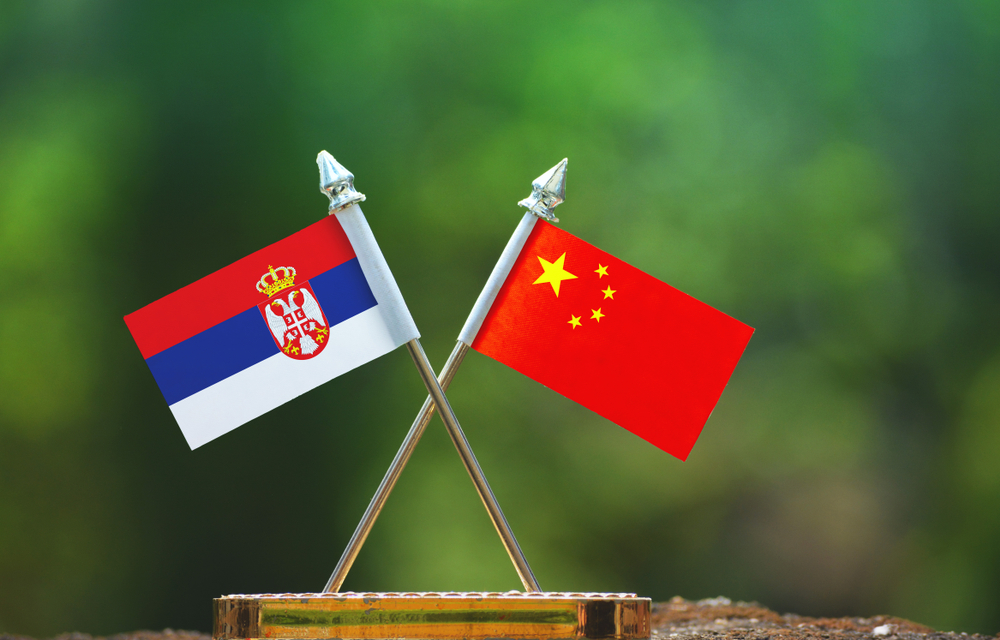
Chinese investments in Serbia: Is Belgrade turning East?
On September 9, a delegation of the Serbian government visited 23rd China International Fair for Investment & Trade (CIFIT) in Xiamen, China. Official Belgrade is actively looking for investors all over the world, but China stands out in this list. Successful economic relations also conceal prospects for military and political cooperation, especially given Beijing’s full support for the Serbs on the “Kosovo issue.”
In 2022, China was considered as the largest investor in Serbia. Xi Jinping’s visit to Serbia back in 2016 gave impetus to political-economic, scientific and cultural cooperation between the two countries. And now China is investing in the Balkan state slightly less than all EU investor members. Beijing does not require Serbia to reform the energy sector by damaging the industry and refusing to “save” cheap energy from Russia. China does not force Serbs to recognize Kosovo’s independence. On the contrary, China adheres to UN Security Council resolution 1244, which protects Serbia’s territorial sovereignty.
Another step in the positive dynamics of the development of relations between the countries was passed at the last Chinese fair. The most successful was the attraction of new investments from Zijin Mining in the amount of 3.8 billion dollars for the development of the lower zones of the Cukaru Peki copper-gold mine and the construction of a solar power plant. With help from Big Brother Asia, Serbia will become one of Europe’s largest copper and gold producers.
In a sense, the Balkans has become a collision point between the U.S. and China, who were clashing in a trade war a few years ago. Beijing has been looking for new markets, including investment markets. Serbia is located in close proximity to the European Union, which allows Chinese companies based in the region to quickly gain access to European markets. And Serbian exports to China have increased 152 times in 10 years.
Observing the development of political and, as its sequel, economic cooperation, one cannot but note the strengthening of relations in the military sphere. After the visit of the Chinese defense minister to Serbia two years ago, regular meetings between representatives of the security services and the ambassador of the “Middle Kingdom” can be noted, as well as Beijing’s deliveries of weapons to Belgrade.
Given the “neutral” policy that Serbia has been trying to follow since joining the Non-Aligned Movement, strengthening relations with China looks like a bargaining tool with the West. On the other hand, it is possible that Belgrade, in its non-confrontational and unhurried manner, is preparing the ground for the possibility of turning away from the “European path” and turning to the East. In any case, Russia and China have never demanded anything from Belgrade in ultimatum form. The U.S., NATO and the EU have done irreparable damage to Serbia over the past thirty years, continuing to deprive the country of sovereignty, prosperity and the prospects of a happy future for the Serbian people.

